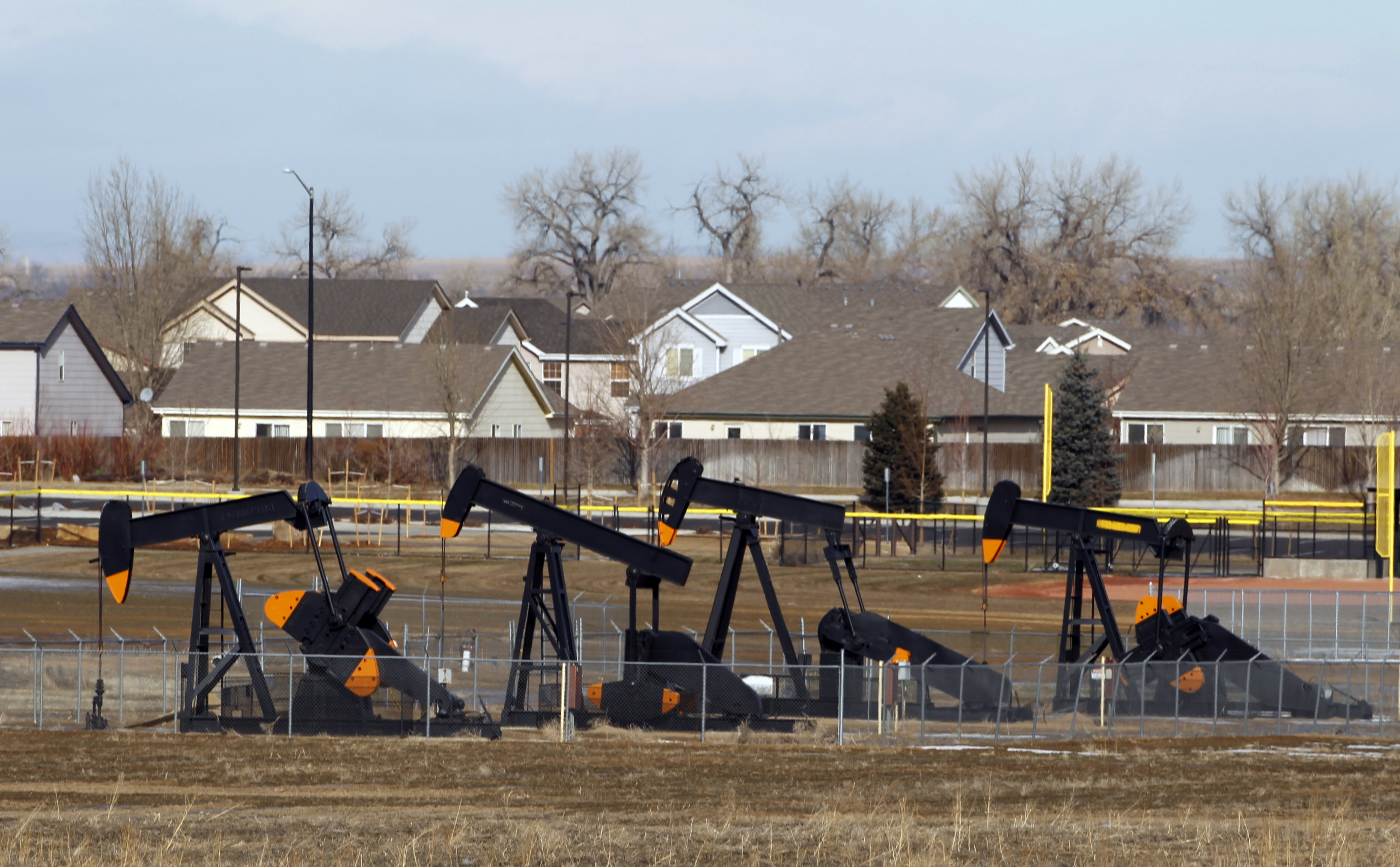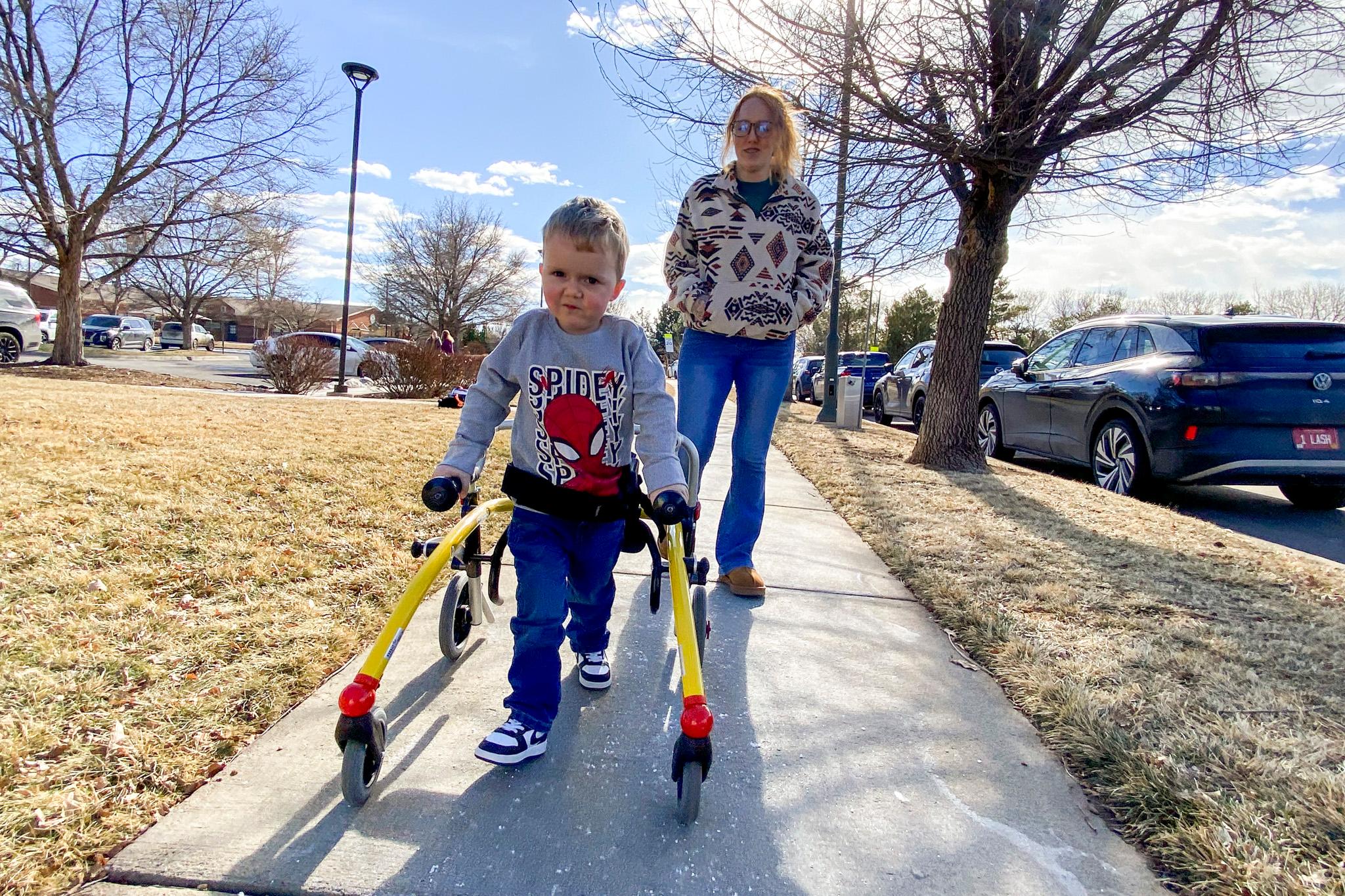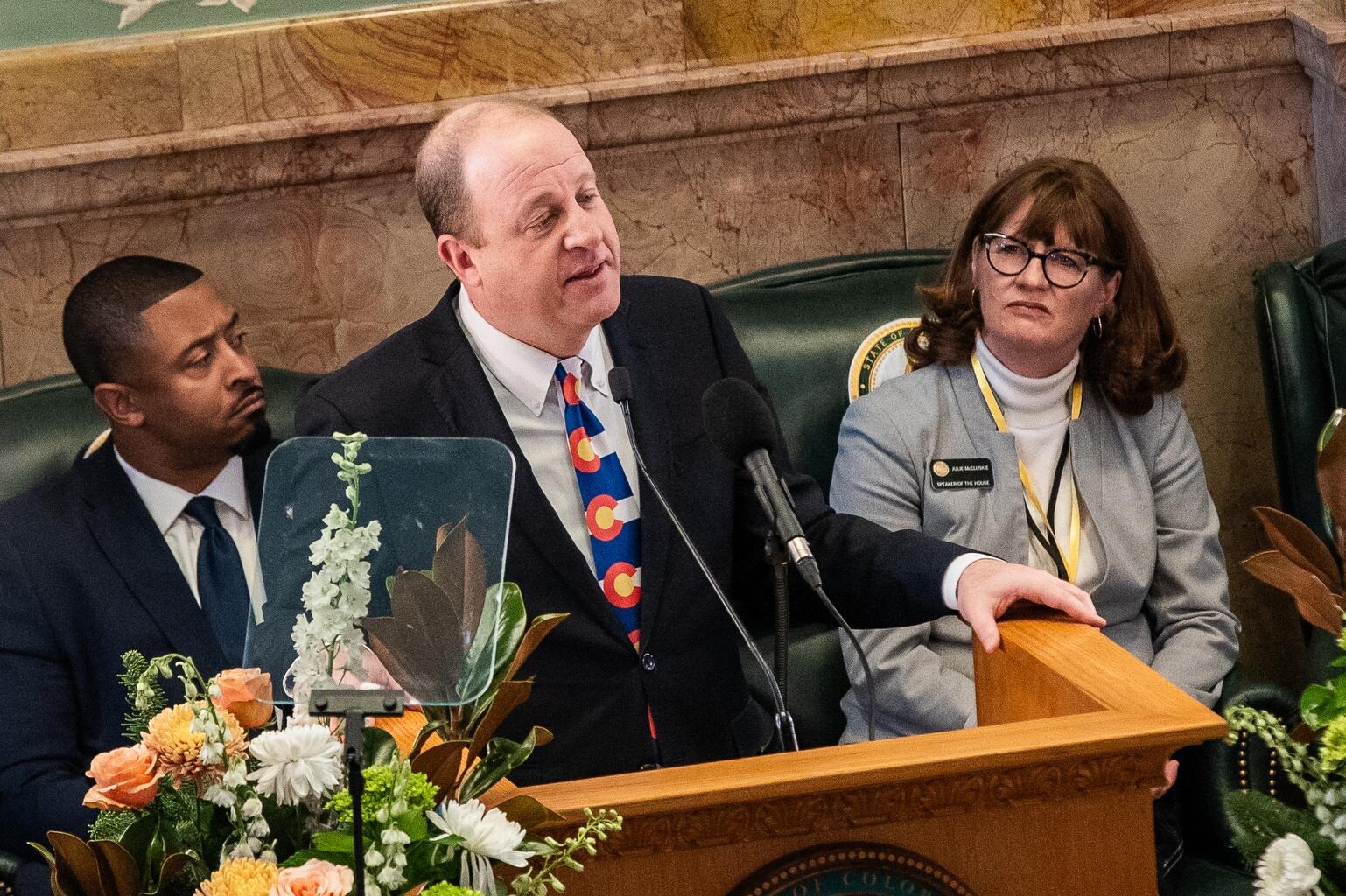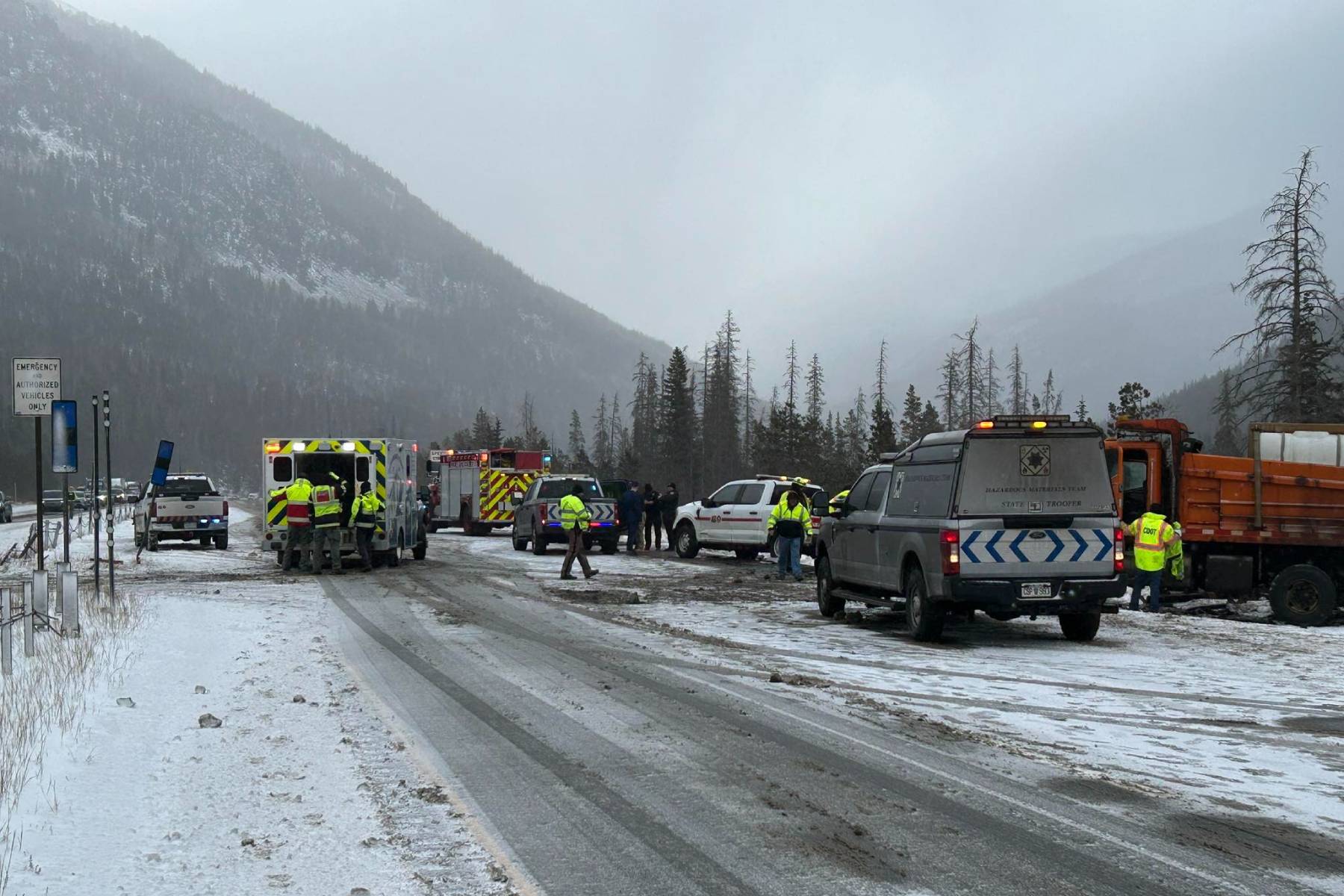
As the state's Oil and Gas Task Force prepares for its final in-person meeting tomorrow, it remains unclear whether the group will find solutions to the issues that caused it to form in the first place.
Last summer, with several contentious proposals headed to voters in November, Gov. John Hickenlooper struck a deal to establish the task force. As part of the deal, supporters of the various ballot measures agreed to withdraw them.
The ballot measures came from pro-drilling forces, who wanted to penalize communities that ban drilling by hydraulic fracturing; and anti-drilling forces, who wanted to give municipalities significant control over where drilling happens, including dramatically increasing the minimum distance between drilling rigs and communities.
The task force wraps up work this week and must submit its formal recommendations to Hickenlooper and lawmakers by Friday. Two-thirds of task force members must support a proposal for it to make the final list.
After five months of meetings and deliberations, early signs indicate the formal recommendations will be more moderate than any of the abandoned ballot measures. Reporter and editor Sharon Dunn has covered the task force for the Greeley Tribune and talked with Colorado Matters host Ryan Warner.
Interview highlights
On what the task force was meant to address
"[They should] satisfy public concern about the increase, or onslaught if you will, of drilling [near] public areas like neighborhoods and parks, near schools. They also need to take a look at how to involve local government a little bit more, so they feel they have more control over their own destinies and planning."
On what proposals she expects will become final recommendations
"There are some basic proposals that have already garnered almost unanimous support on this task force. And a lot of that is dealing with transparency with the state agencies that regulate oil and gas... putting more money into their budgets that would allow them to hire more people for inspections, for example."
Dunn also expects the task force will recommend involving municipalities earlier in the planning and permitting process, though it is yet to be determined what form that involvement would take, she said, including whether the task force will recommend giving municipalities enough power to actually stop drilling permits that would otherwise be approved by the state.
In addition, Dunn expects the task force to agree to fund studies to track the effects of drilling on human health, as recommended by public health experts last month.
On an issue she does not expect the task force's formal recommendations to address
"One of the main issues that brought this task force to the table in the first place was the issue of setbacks. There was a proposal on the ballot for as much as 2,000 foot setbacks from urban areas with high densities. That was not really received a lot of support within the task force."
On whether she expects the people behind the abandoned ballot measures to be satisfied with the work of the task force
"There is a clear line drawn in the sand among industry interest and non-industry interest on this group. But they are somehow coming together to try to meet the expectations from the fringes. And not everyone's happy. Not everyone's going to walk out of this committee feeling like they really solved the problem. But every darn one of them is going to think, boy we tried."









